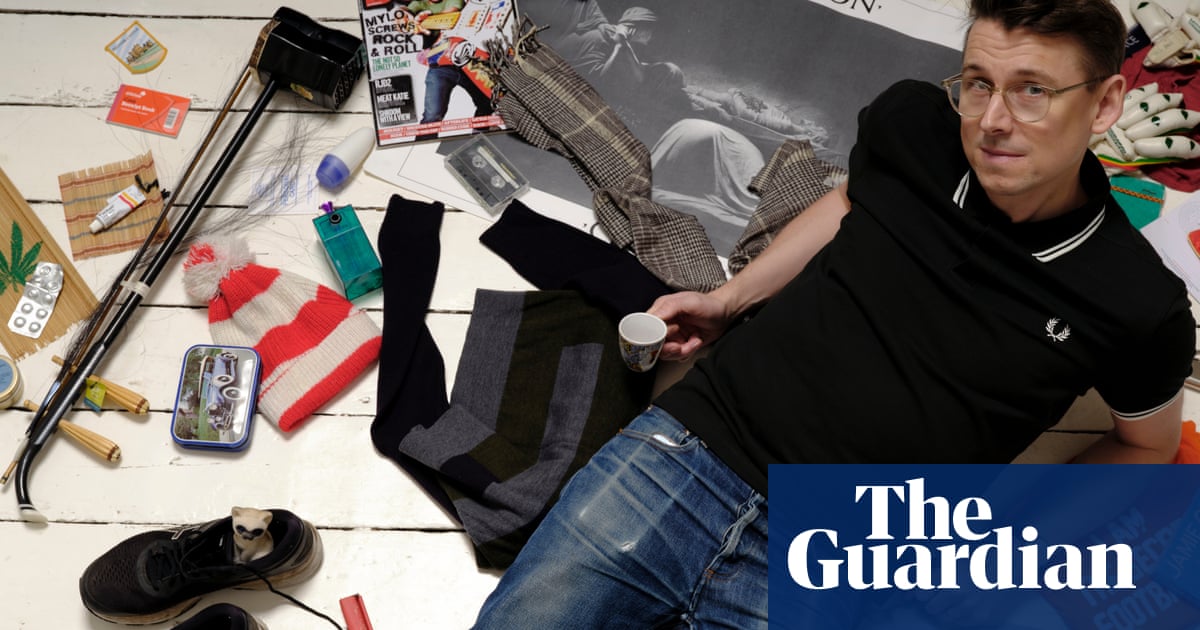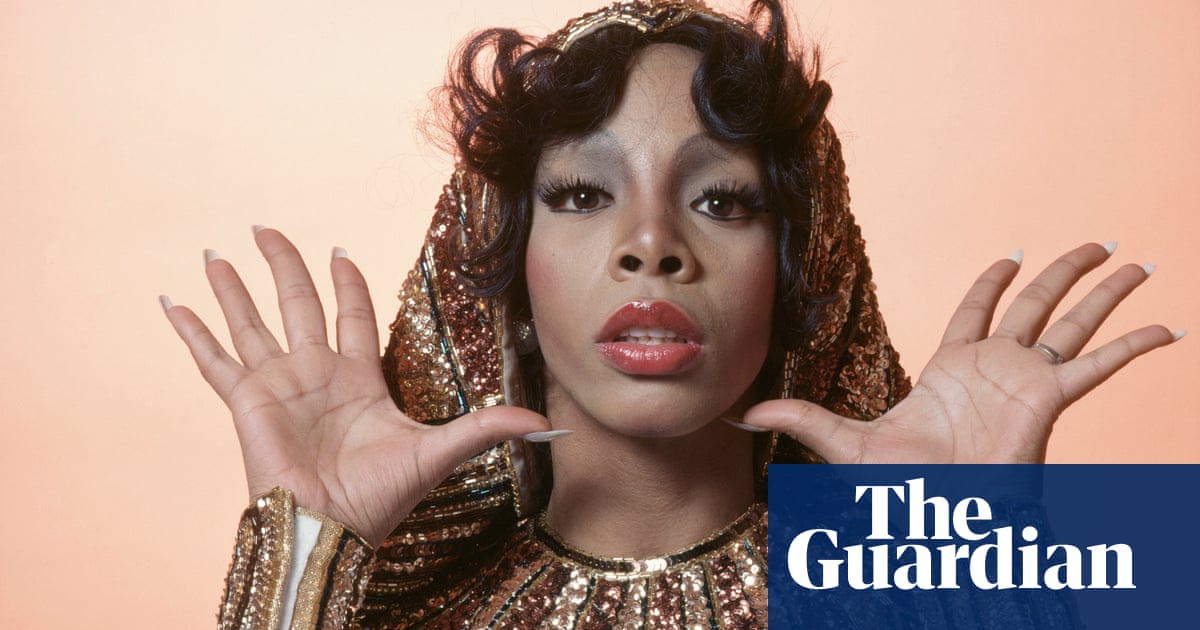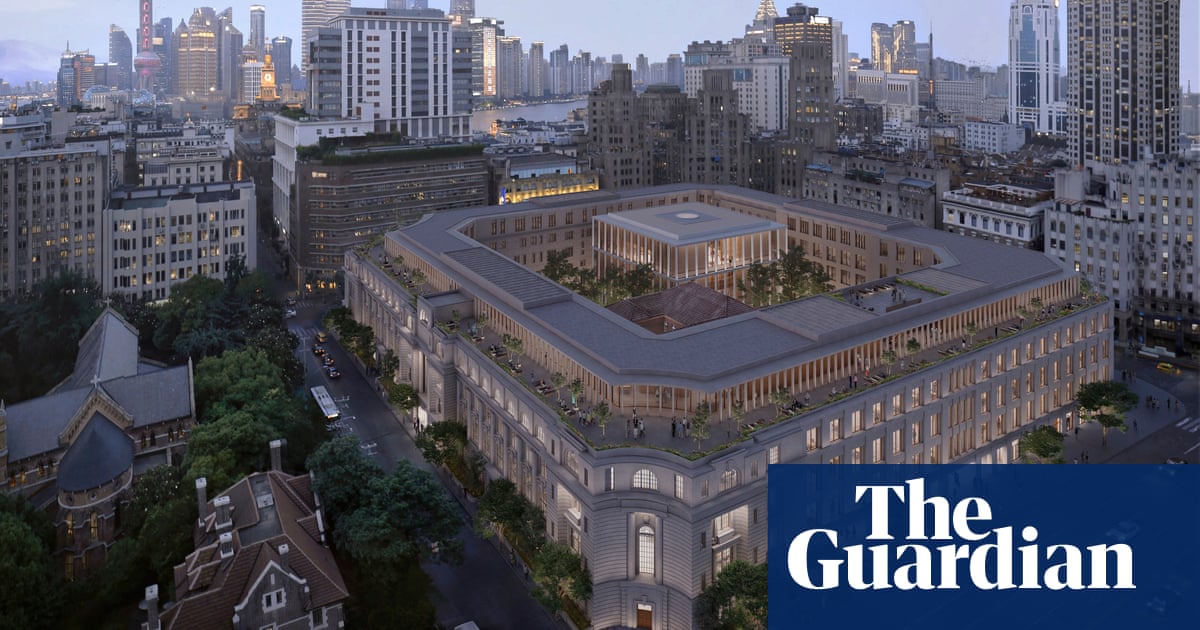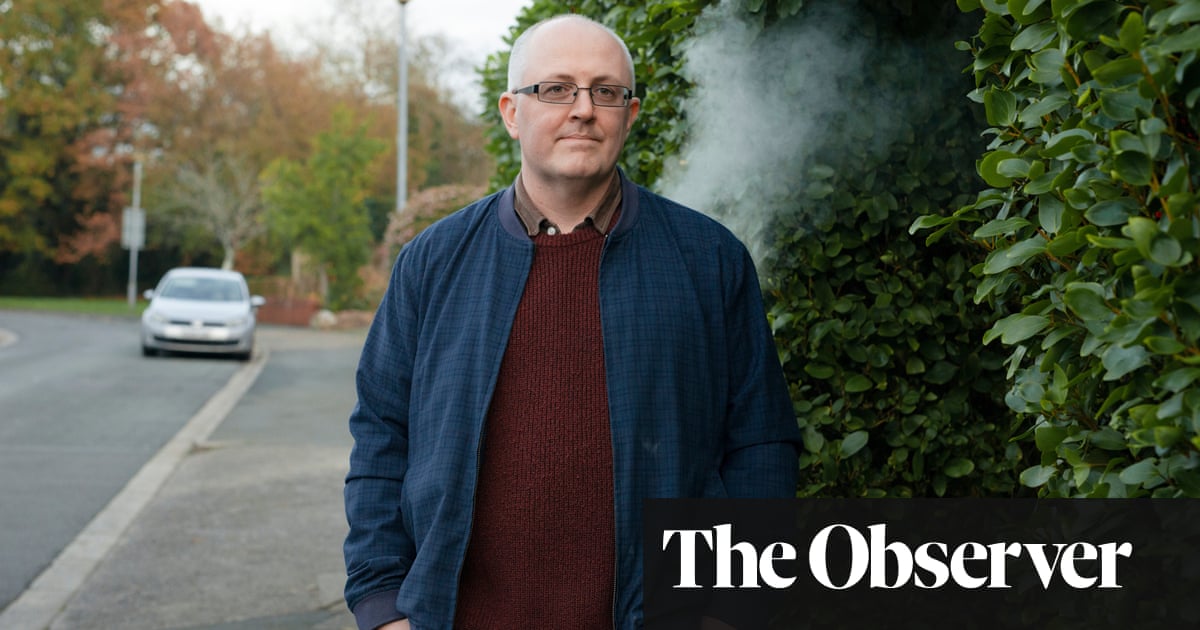
or all that Daily Telegraph editors professed to be their own men, the newspaper seldom, if ever, took a view on a major issue of the day – most notably Brexit – that didn’t happen to coincide with that of Sir David Barclay. “I owned the toy shop and got to play in it,” Barclay, who died on Sunday at the age of 86, once gleefully admitted to me.
Slight, dapper and with a curious resemblance to the elderly Stan Laurel, Barclay, the co-owner of the Telegraph with his twin brother, Sir Frederick, kept a studiously low public profile, but was in private forthright and clearly used to getting his own way.
Some of his views might have been considered eccentric: he and his brother were, for instance, keen advocates of the health benefits of cold-water bathing, and they practised what they preached. He was also loyal to friends: he had helped Margaret Thatcher secure her home in Chester Square in Belgravia, after first offering to accommodate her and her husband, Denis, in a property on the Barclay estate on Brecqhou in the Channel Islands. It was at the Ritz, when it was still under the Barclays’ ownership, that the former prime minister eventually died.
Ironically, it was only after I had left the Telegraph, where I had edited the paper’s Mandrake diary for more than a decade, that I got to know Barclay well. The late, great literary agent Ed Victor had suggested I write a biography of the Barclay brothers. To our surprise, the first letter we sent to them elicited an immediate invitation to tea with David Barclay at the Ritz. “It is, I think, serendipity,” he said in his slightly high-pitched voice, “as I have had precisely the same idea about a book and I need someone to help me write it.”
In private rooms at the hotel overlooking Green Park, with countless WhatsApp messages and emails, I thus began in early 2015 a conversation with Barclay that was destined – like so many others in the country – to come to an abrupt halt because of the differing positions we took on the European Union.
Barclay met me without informing Frederick, and it soon became apparent the book he had in mind would be very much a celebration of how he had personally built a business empire – and a castle on the island of Brecqhou – from scratch. His initial idea for the title: The Man Who Built a Castle.
He had in mind a ghosted volume of memoirs, whereas Victor and I had been hoping for cooperation with an independent book, or, at worst, an authorised biography. Even before we had resolved that issue, Barclay was sending me draft chapters written in the first person. He had also set his heart on serialisation not in the Telegraph but in the Daily Mail – edited by his “good friend” Paul Dacre – but a lot of what he had written would have been a bit much even for that newspaper.
There was a section in the first chapter, for instance, about his distaste for Japanese people, whom he considered to be “very regimental and Germanic … They are untrustworthy, as my experience doing business with them has shown.” It irritated him, too, that quintessentially British brands such as Sarson’s vinegar and Branston Pickle had been acquired by a Japanese-owned company. We were more than a year away from the EU referendum when we had first started to talk, but it was clear he also hated everything about Europe, even seeing in the Old Testament story of King Nebuchadnezzar’s dream a prophecy about its disintegration.
“The interpretation of this dream we read about in Daniel 2.26 is that a group of countries with different strengths and weaknesses create an empire and the weaker of the countries will not merge with the stronger ones, and it only requires a small thing, like the debts of Cyprus, a small stone, for the empire to collapse,” he wrote. “The stone that is the weakest part of the statue and caused the edifice to break up grew and grew into a great mountain. The only mountain that is growing today is government debt. Could this be King Nebuchadnezzar’s dream of the future of Europe, as interpreted by Daniel?”
Of the EU, Barclay wrote: “Successive prime ministers have made us believe out of fear that we have to stay in in Europe to survive as a nation because we are unable to stand on our own two feet … we are merely a local council among a group of nations called the European Union.” There were occasional references to “migrant problems” in the draft chapters and a continuing concern about the national debt, which he felt was going to have to be “reduced in one way or another”.
A running joke during our early face-to-face meetings had been how David Cameron was desperately keen to get some time alone with him. “He has called again,” Barclay told me cheerily when we sat down over one of our many pots of earl grey. “But I think you are rather better company.” Barclay eventually did consent to a dinner with the then prime minister in his private dining room at the Ritz early in 2016, just as he was about to announce the date of the referendum.
“He kept talking to me about how he knew all about business and competition,” Barclay confided in me afterwards. “He was some sort of PR man at Carlton and he was trying to equate himself to me – a man who had bought and sold companies. He is not a man one could trust. My guess is Cameron will squander the remaining asset this country has: our credibility.”
Barclay was from the outset bullish about his side winning the referendum and saw it as a chance to reclaim a Britain he felt had been all but lost. “We gave our sovereignty to unelected bureaucrats in Brussels, who now make more laws and regulations than our own parliament does. We are a country of people who have lost their way and the will to govern ourselves … we have had years of relying on the state for our welfare and on promises no government can keep.” The referendum itself would also, he believed, “sell more papers”.
He told me he was talking a lot to Dacre about the issue, and alluded to meetings he’d been asked to attend with individuals such as Nigel Farage and Leave.EU luminaries. Boris Johnson interrupted one of our conversations with a telephone call. “Boris, I am in a meeting, I shall call you later,” I heard him say. When I gently pointed out to Barclay that there were clear advantages in the country remaining in the EU, he looked downcast. “I do hope you will give it a bit more thought,” he said simply.
Barclay had a love of old black-and-white war films, which he and his brother would play on their yacht, Lady Beatrice, to pass away the evenings with their guests. He’d often digress and ask whether I thought The Dam Busters was more of a classic than Reach for the Sky. His favourite was The Cruel Sea. He sometimes seemed a reluctant inhabitant of the modern world.
Barclay had suffered from ME in the past, and tiredness made him pull out of a number of meetings with me. He WhatsApped about what he called “a feud” in his family that he was thinking of relating to me for “a story” for the Mail on Sunday, but then changed his mind.
The book later became less of a preoccupation as he and his newspaper devoted their energies to campaigning for Brexit. He did, however, find the time to send me his concluding chapter, which he had ended, somewhat camply, with the words of the song Climb Every Mountain. There is no question in my mind that Barclay was happily married and heterosexual, but I wondered sometimes about the messages he might inadvertently have been putting out.
I wish I could have found some common ground with Barclay over Europe, but eventually it was clear we marched to the beat of very different drummers. Victor wasn’t all that bothered when I told him I’d abandoned the project. He said he was never convinced there would be that great a market for the book in any case, and certainly little chance of any transatlantic deal.
I heard Barclay eventually published his memoirs, privately and in collaboration with another writer. There was no serialisation in the Mail. It may be that the “feud” he alluded to was the one destined to come out in an unedifying saga in the high court. I wrote to him one last time to wish him well and to say I was sorry things hadn’t worked out, but I had enjoyed our chats. His final words to me, presumably about my own hopes that Britain might yet remain in the EU, were these: “Be careful what you wish for.”












